WHO
December 18, 2017

Published by Iffat Nawaz at Dec 18 2017
A diphtheria outbreak in the Rohingya makeshift settlements has killed 20 people as of December 17, 2017. With 1,500 suspected cases, the number is growing. The 656,000 Rohingya people who sleep every night without electricity, dream in the colours of recent trauma and wake up to uncertainty, cannot afford to be hurt further.
November 18, 2016
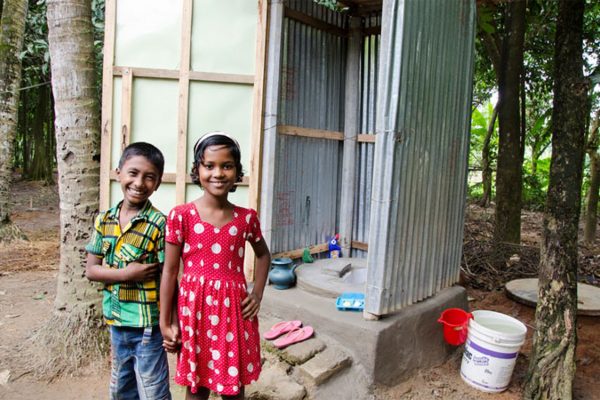
Published by Nameerah Khan at Nov 18 2016
Categories
Last year WHO and UNICEF’s Joint Monitoring Programme for Water Supply and Sanitation reported that Bangladesh had made significant progress in reducing the proportion of people practising open defecation –to just 1 per cent, down from 34 per cent in 1990.
February 27, 2013
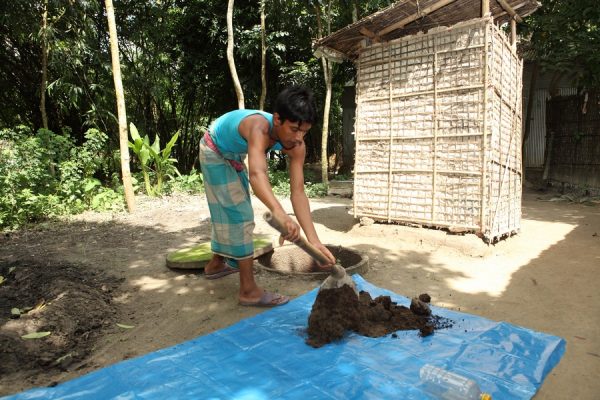
Published by Nameerah Khan at Feb 27 2013
Categories
Across the world, millions of pit latrines are filling up. In many instances, these pits are emptied and the fecal sludge is dumped indiscriminately. This second generation sanitation challenge of postponed open defecation has been largely neglected in the sector. Bangladesh is not an exception and it is an issue that we have to face and deal with.
May 2, 2012

Many can attest to its necessity, few can argue against its importance. From health and nutrition to agriculture and energy, one doesn’t have to look far to see the critical role water plays in our lives.
April 30, 2012

Imagine a small world. A world devoid of the harsh tales about unfortunate children – children who are not deformed by the cruel grasps of polio – children who are protected from the malicious glares of debilitating illness – children who are healthy and thriving.
February 22, 2012
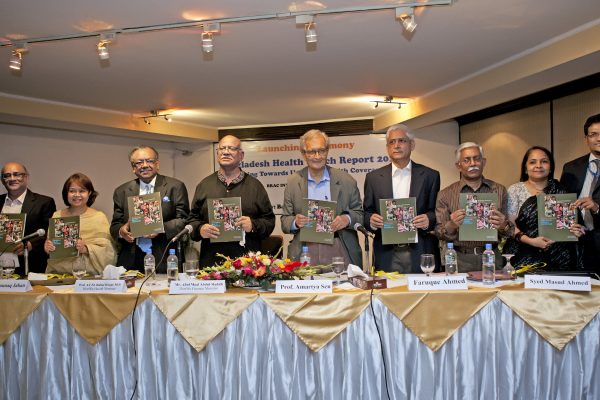
The launch of the Bangladesh Health Watch Report for 2011 was held at BRAC Centre Inn on February 20, 2012. The Hon'able Minister of Finance, Mr. Abul Maal Abdul Muhith was the Chief guest along with the Hon’ble Minister of Health and Family Welfare Prof Dr. A. F. M. Ruhal Haq. Nobel Laureate Prof Amartya Sen was the Guest of honour.
November 12, 2011
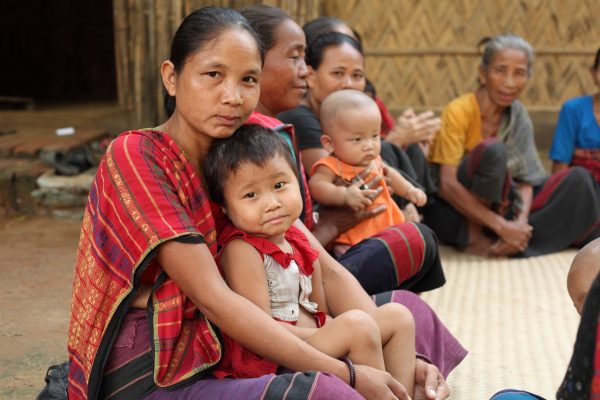
Watch Message from Sir Fazle Hasan Abed, BRAC Founder & Chairperson on World Pneumonia Day 2011Globally, in every 20 second a child dies from pneumonia. This loss of life is even more tragic because nearly all of these deaths are preventable, and more than 98% of childhood pneumonia deaths occur in developing countries. Safe and effective vaccines, inexpensive treatments and preventive measures exist that can save lives.
April 12, 2011

Each year, March 24th commemorates the day on which Dr. Robert Koch identified the cause of Tuberculosis (TB), a deadly infectious disease which can be prevented through screening and vaccination and treated with antibiotics. According to the World Health Organization (WHO), an estimated 1.7 million people died from TB in 2009. The highest number of deaths was in the Africa region. BRAC Uganda is working to lower the incidence of TB through detection and treatment.
March 24, 2011
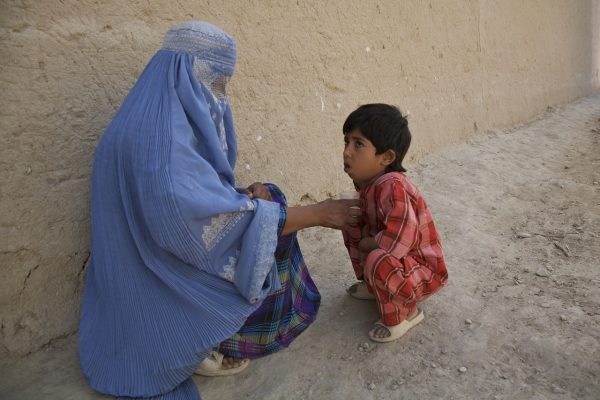
Tuberculosis is a disease we have known for centuries and it is completely preventable. Yet millions today suffer from it and we still see the faces of misery and pain. Even today, tuberculosis (TB) is the cause of many deaths. Prevalent myths that TB is not curable and death is inevitable still exist. In Afghanistan, the situation has been grave. Decades of human conflict and displacement has had a severe impact on the health sector of Afghanistan. High vulnerability to natural disaster, limited safe water supply, poor standards of hygiene and sanitation and restricted access to health care for women have become important features of the health situation in Afghanistan, exacerbated by difficulties of geographic access.
June 10, 2010
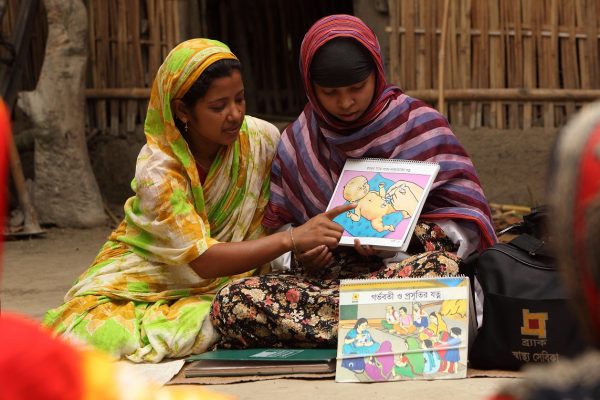
I recently spoke on a Council on Foreign Relations panel on maternal health after a special screening of the film ‘No Woman, No Cry’ directed by Christy Turlington Burns and produced by Dallas Brennan Rexer. The film shows the dangers of childbirth when adequate medical care is unavailable. The film extraordinarily captures the real time drama of giving birth. It is a deeply affecting film, which makes the viewer aware of the high risks of procreation, particularly when coupled with poverty.

